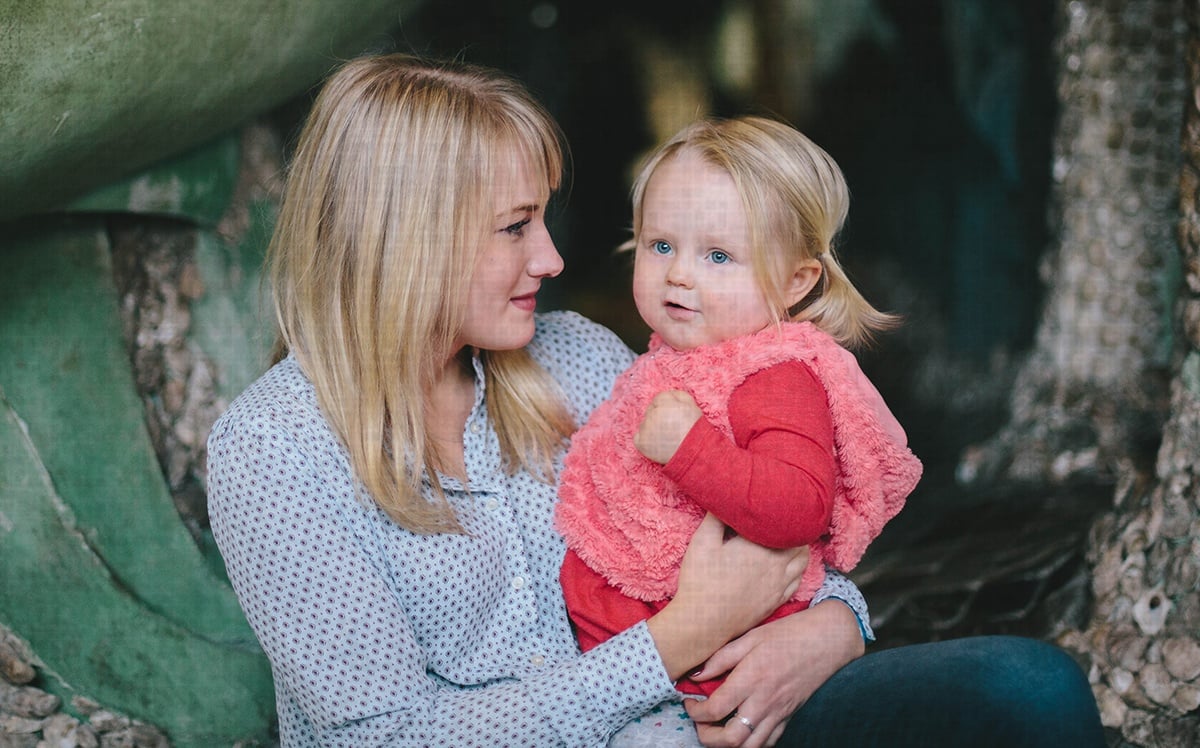When parents of minors decide to get divorced, determining a child custody agreement is a top priority for the courts and the parents. There are two decisions that need to be made, either by the parties in a settlement before trial or by the Judge at the end of a trial: where will the children reside most of the time (“residential,” or “physical,” custody) and which parent will make the major decisions about the children (“legal” custody)? For most people, the bigger decision is about the residential custody of the children.
The parent who is deemed the “residential custodial parent” generally receives the child support and the “non-custodial parent” generally pays the child support. However, in a true “shared custody” arrangement, the children spend 50% of their time at each parent’s home, and some people may mistakenly believe child support isn’t necessary in these cases.
Shared custody doesn’t automatically eliminate the obligation of child support, however.
When is Child Support in a Shared Custody Case Necessary?
Every child support case is different, and each possesses its own set of circumstances. As a result, outcomes will likely vary. There are some cases in which child support is required of one parent, even if the parties are sharing residential custody equally.
The Child Support Standards Act (CSSA) provides a guideline for child support cases, and stipulates that a certain percentage of the person’s gross income, less Federal Insurance Contributions Act taxes (FICA), should be put toward child support. If there is one child involved, this is 17%; if there are two children, it becomes 25%, and so on.
These percentages are applied to the combined gross income of the parties, up to a cap of $143,000.
“Anything over the cap, the judge in his or her discretion, can decide whether to continue to apply the percentages or something else," explains Joel M. Sunshine of Garden City, NY-based law firm Sunshine & Feinstein, LLP, which specializes in divorce and family law. "And that discretion is based upon a series of factors.”
If the children are living a majority of the time with one parent (the “residential custodial parent”), that parent is empowered to spend the child support “pot." That is, the non-custodial parent pays the custodial parent a percentage of his/her gross income as child support.
If the children are living an equal amount of time with each parent, the parties can stipulate that there will be no child support. However, if left up to the Court to decide, the Court might deem the parent who earns the lower income as the custodial parent for purposes of receiving the child support, and the parent who earns the higher income as the non-custodial parent who pays the child support.
This has nothing to do with “legal custody,” which is a designation as to which parent makes the major decisions about the children. Sometimes there is “joint legal custody” and sometimes one party has “sole legal custody." But that has nothing to do with child support.
Important questions the courts will have to consider before making a decision about child support include:
- What are the needs of the children?
- What have the parents' lifestyles been?
- Are there any medical conditions?
- Does either party have other unusual expenses? (For example: caring for a sick loved one)
These answers will help determine how much one parent should be required to pay the other.
Questions about paying or receiving child support under a shared custody agreement? Contact Sunshine & Feinstein, LLP to schedule a consultation today.
Sunshine & Feinstein, LLP, 666 Old Country Road, Suite 605, Garden City, NY 11530. (516) 742-6444. This is Attorney Advertising.






